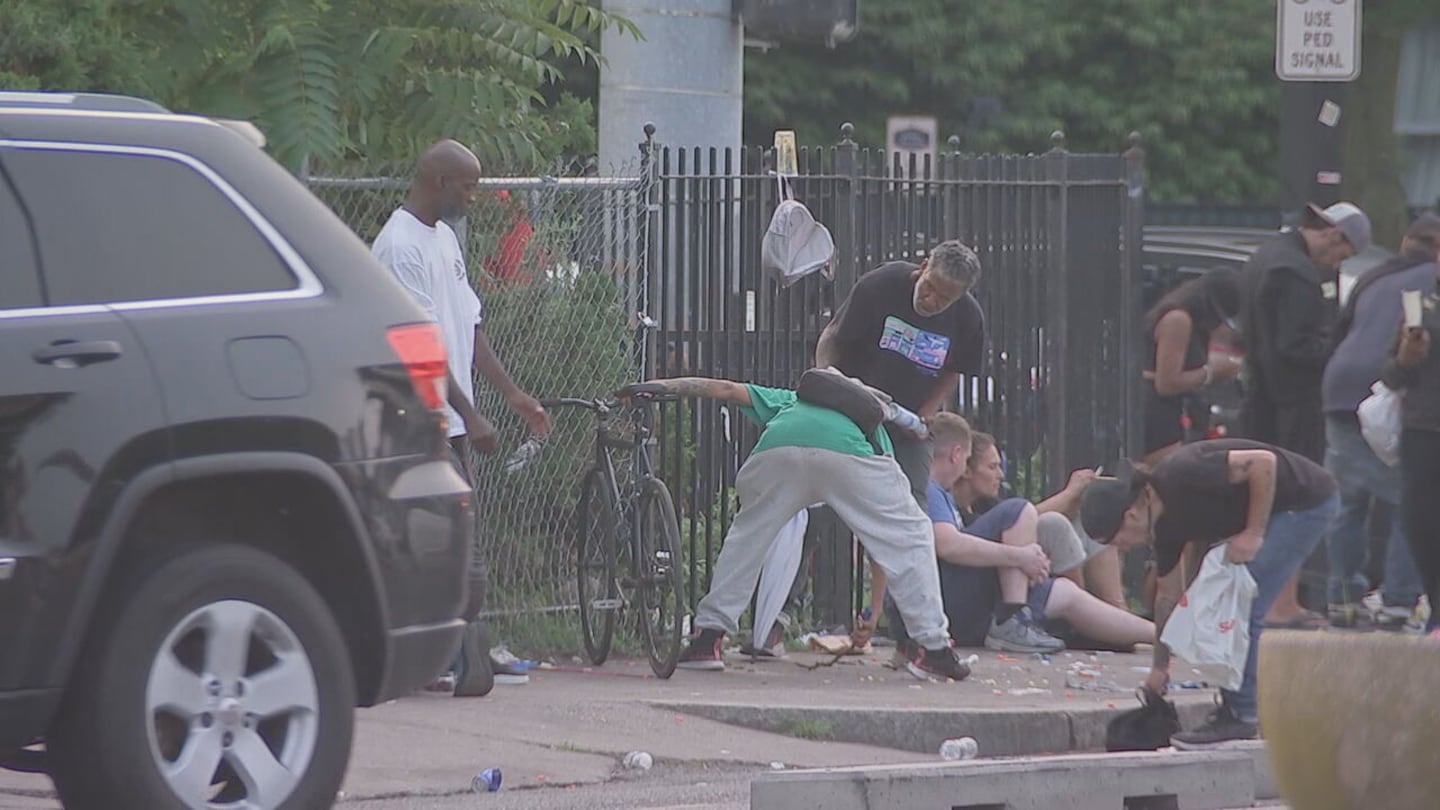BOSTON — The Boston Public Health Commission (BPHC) said on Wednesday that new data analysis shows a decline in overdose deaths across the city.
According to health officials, from January to April 2024, there were 68 opioid-related deaths among Boston residents compared to 102 a year before during that same time frame, representing a 33% decrease.
Although the BPHC says their analysis is in the preliminary stages and weren’t able to release it to Boston 25 News, the data reportedly showed a “notable” decline in opioid-related deaths among Black and Latinx residents.
“This data gives us hope, but we have a lot of work to do to ensure that this trend continues,” said Dr. Bisola Ojikutu, Commissioner of Public Health for the City of Boston. “To that end, the Boston Public Health Commission is prioritizing evidence-based strategies, including expanding mobile outreach to people who are unhoused and at risk for overdose, increasing access to naloxone, and decreasing substance use stigma throughout Boston communities.”
Health officials in the city credit a steady increase in prevention services over the past year, along with other factors.
According to the BPHC, $2 million in American Rescue Plan Act funding has been used to expand community outreach, including funding a Nubian Square neighborhood engagement team with Torch Light Recovery that connects affected individuals with substance abuse, mental health, and housing resources.
The task force placed more than 15 people experiencing chronic homelessness in the past year into long-term transitional housing.
“These new data show we are on the right track thanks to the lifesaving work our street outreach workers and BPHC staff do every day,” said Mayor Michelle Wu.
Additionally, city health officials say more than $7 million was used to expand access to naloxone, a medicine that rapidly reverses overdoses.
In 2023, opioid overdose deaths in the state declined by about 10% after reaching a record high in the previous year.
“While these data show a promising trend, we know each life is more than just a number, and we as a city will continue to leverage resources and invest in recovery support services,” Mayor Wu said.
Despite the promising trend, quality of life complaints in the city’s South End continues to climb as the Mass & Cass crisis continues.
For support with substance use disorders, contact the PAATHS program at 1-855-494-4057 or call 3-1-1. More information can be found at boston.gov/recovery
This is a developing story. Check back for updates as more information becomes available.
Download the FREE Boston 25 News app for breaking news alerts.
Follow Boston 25 News on Facebook and Twitter. | Watch Boston 25 News NOW
©2024 Cox Media Group







